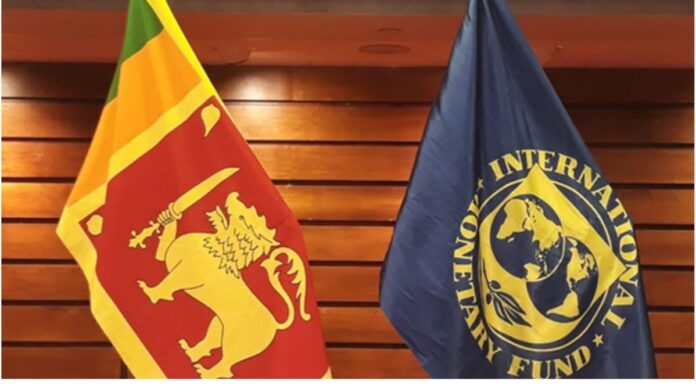Sri Lanka’s economic recovery, while encouraging on paper, remains on a precarious footing as the International Monetary Fund (IMF) renews its call for deeper fiscal discipline and urgent State-owned enterprise (SOE) reforms. Despite visible progress under the Extended Fund Facility (EFF), the country continues to walk a fine line between stabilisation and slippage.
At the IMF’s latest Regional Economic Outlook briefing, Asia-Pacific Department Director Krishna Srinivasan and Deputy Director Thomas Helbling painted a cautiously optimistic picture. They noted that the economy, after contracting sharply in 2022, rebounded with a robust 5% GDP growth in 2024 and is projected to expand by around 4.2% in 2025. However, Sri Lanka’s potential growth remains capped at roughly 3%, signalling that without structural change, the recovery could quickly lose steam.
Helbling stressed that fiscal consolidation curbing the budget deficit and ensuring SOE viability—is central to sustaining this recovery. “Ensuring the financial viability of SOEs and mitigating fiscal risks will be crucial for sustaining these benefits,” he warned. The IMF’s advice comes amid mounting fiscal pressures: public debt remains above 120% of GDP, while interest payments consume nearly 40% of government revenue.
SOE reform remains one of the most politically and economically challenging fronts. Many state enterprises, including those in energy, transport, and utilities, continue to post significant losses, costing the Treasury billions each year. The IMF noted that reforms in cost-recovery pricing—particularly in electricity and fuel are ongoing, but warned that delays could reverse recent gains in macroeconomic stability.
Srinivasan commended Sri Lanka for making “significant progress compared to a few years ago,” but cautioned that the hardest part lies ahead. “The country has already done the difficult part by continuing with reforms, you will continue to see the benefits,” he said.
The Fund also emphasized the need for stronger institutional frameworks particularly in public investment management and fiscal transparency to prevent the re-emergence of governance weaknesses that contributed to the 2022 crisis.
As the Government faces growing social pressures from rising living costs and calls for increased public spending, maintaining fiscal restraint poses a political challenge. Any deviation from the IMF’s reform roadmap could risk disbursement delays or renewed market instability.
For now, the IMF remains supportive but firm: Sri Lanka’s fragile recovery hinges on consistent reform execution, disciplined budgeting, and political resolve. Without these, the country’s hard-won macroeconomic stability could once again be at risk
